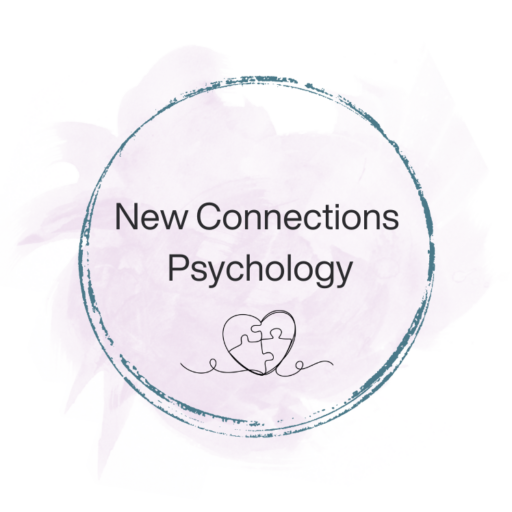Introduction
In today’s fast-paced world, mental health awareness has become crucial, even for the youngest members of society. Children, just like adults, experience a wide range of emotions and challenges, and it’s essential to provide them with the tools to navigate their feelings in a healthy way. Engaging children in creative and age-appropriate mental health activities not only fosters emotional well-being but also helps in building resilience and coping skills. In this blog post, we will explore a variety of interactive activities tailored to different age groups, designed to promote mental health and emotional intelligence in children.
- Mindful Breathing Exercises (Ages 3-6)
For younger children, simple breathing exercises can be incredibly effective in calming their minds and bodies. Teach them to take deep breaths, counting to three as they inhale and exhale. You can use fun visuals like blowing bubbles or pretending to blow out candles to make it more engaging. Encouraging regular practice of these exercises can help children manage anxiety and improve focus.
- Emotion Stones (Ages 4-8)
Create a set of emotion stones by painting different facial expressions on smooth stones. When children feel a certain emotion, they can pick the corresponding stone and talk about why they are feeling that way. This activity helps children identify and articulate their emotions, promoting self-awareness and emotional expression.
- Art Therapy (Ages 6-12)
Art therapy allows children to express their feelings and thoughts through creative means. Provide them with art supplies like crayons, markers, and paper, and let their imagination run wild. Encourage them to draw or paint their emotions, helping them process and understand their feelings. Art therapy provides a non-verbal outlet for children to communicate, fostering a sense of accomplishment and self-esteem.
- Gratitude Journaling (Ages 8-12)
Introducing gratitude journaling to older children can promote positive thinking and emotional resilience. Encourage them to write down three things they are grateful for every day. This practice shifts their focus from negative experiences to positive aspects of their lives, promoting a more optimistic outlook and enhancing their overall mental well-being.
- Mindfulness Activities (Ages 10-14)
Teach older children mindfulness techniques, such as body scan meditation or guided visualization. These exercises help them stay present in the moment, reducing stress and anxiety. Practicing mindfulness regularly enhances self-awareness and emotional regulation, empowering children to cope with challenging situations effectively.
- Nature Connection (All Ages)
Spending time in nature has proven benefits for mental health. Encourage children to engage in outdoor activities like hiking, gardening, or simply playing in the park. Nature offers a calming environment that reduces stress and promotes relaxation. It also provides opportunities for physical activity, which releases endorphins, improving mood and overall well-being.
- Social Connection Activities (All Ages)
Building healthy relationships is vital for mental health. Organize playdates, family game nights, or community events where children can interact with peers and adults in a positive and supportive environment. Socializing helps children develop communication skills, empathy, and a sense of belonging, which are essential for their emotional development.
Getting Help Through Counselling: A Crucial Support System
While engaging in creative mental health activities at home or school is incredibly valuable, it’s essential to recognize that some children may need additional support. Just as adults seek therapy to address their mental health concerns, counselling can be a powerful resource for children too. Professional counsellors are trained to help children navigate complex emotions, trauma, or challenging life situations in a safe and supportive environment. By integrating counselling into the discussion of mental health activities, parents and caregivers can reinforce the message that seeking help is a courageous and positive step. These sessions not only provide a structured space for children to express their feelings but also equip them with coping strategies tailored to their individual needs.
In the context of the activities mentioned in this blog post, counselling serves as an extension of the support network. Counsellors can work with children to reinforce the skills they learn through creative activities, helping them apply these techniques to real-life situations. For example, a child who practices mindful breathing exercises at home can learn how to use the same technique to manage anxiety during school hours with the guidance of a counsellor. Additionally, counsellors can collaborate with parents and educators to create a holistic approach to a child’s mental health, ensuring that the lessons learned through creative activities are reinforced and integrated into their daily lives.
Encouraging children to participate in both creative mental health activities and counselling emphasizes the importance of mental well-being and communicates that it is normal to seek help when needed. By fostering an environment where children are encouraged to express their emotions, learn coping skills, and seek professional support, if necessary, we empower them to build a strong foundation for a mentally healthy future. Together, these efforts create a comprehensive and compassionate approach to nurturing the mental health of our children, ensuring they have the tools they need to thrive emotionally and psychologically.
Conclusion
Investing in the mental health of children is an investment in their future well-being. By introducing creative and age-appropriate activities that promote emotional intelligence, we empower children with essential life skills. These activities not only help them navigate their emotions but also lay the foundation for resilient and mentally healthy individuals. As parents, caregivers, and educators, it’s our responsibility to nurture the young minds of today, ensuring they grow into emotionally intelligent and mentally strong adults of tomorrow.

